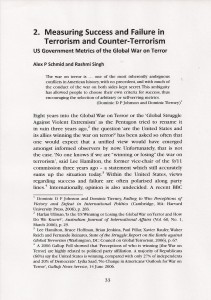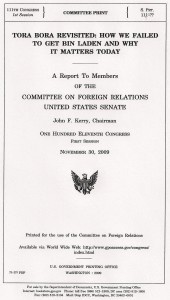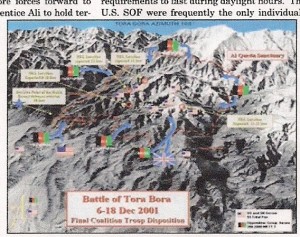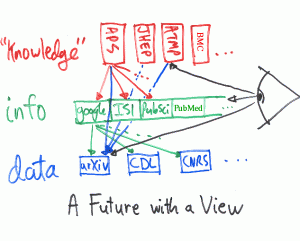
Alex P. Schmid, one of a handful of trully expert scholars in the field of terrorism and counter-terrorism, and his colleague Rashmi Singh, have created a summary that is devasting on multiple fronts. The “Global War on Terror” or GWOT has lasted longer than World Wars I and II combined; the money expended (the authors do not include the military costs of occupying Afghanistan and Iraq) has been enormous, and in all that time, no one has defined the metrics by which to measure the endeavor. The chapter in included in After the War on Terror: Regional and Multilateral Perspectives on Counter-TerrorismStrategy
See also:








